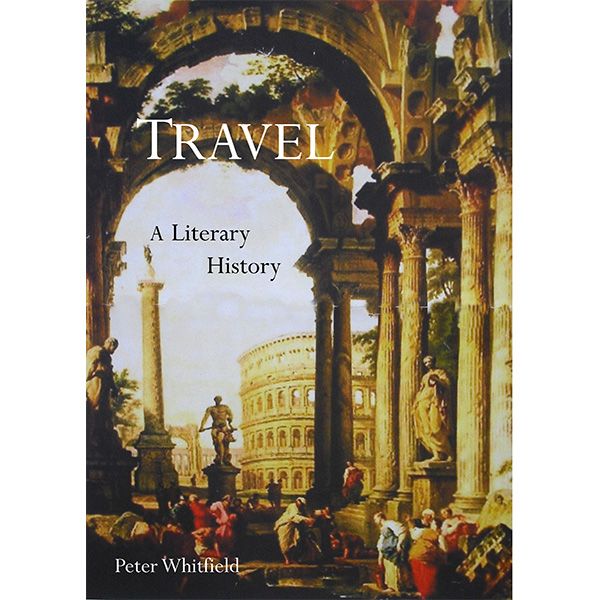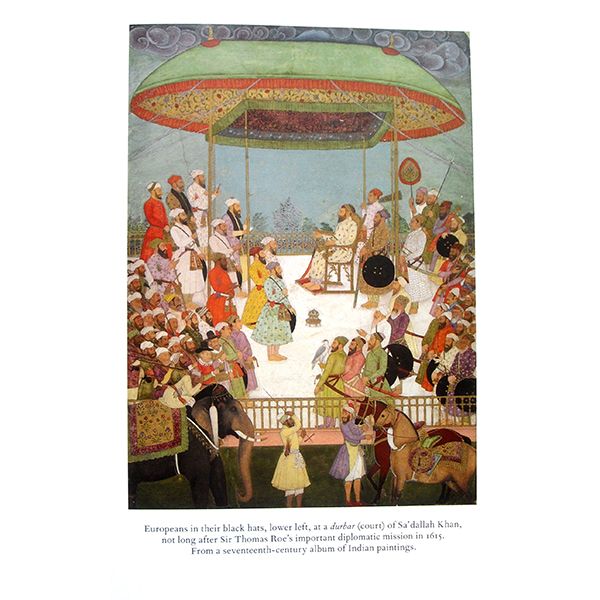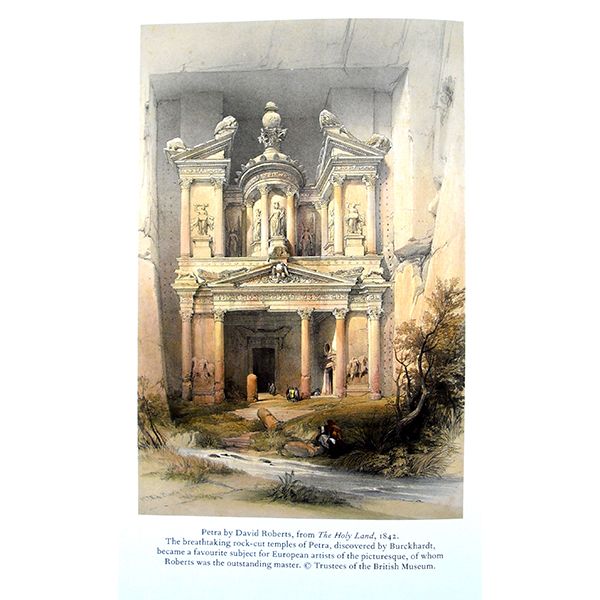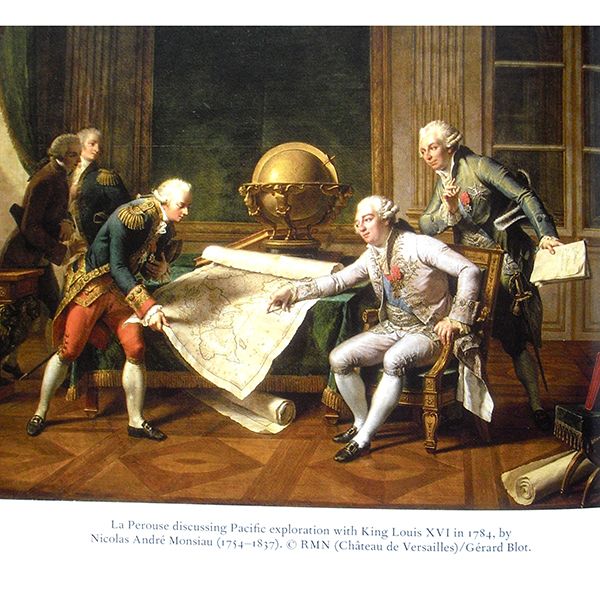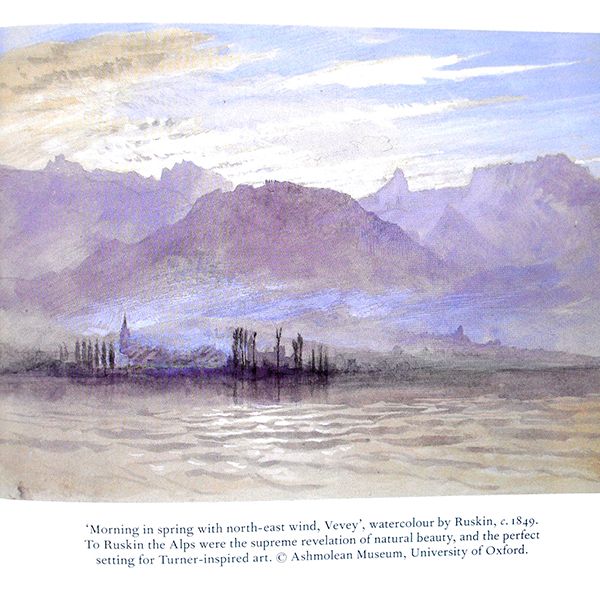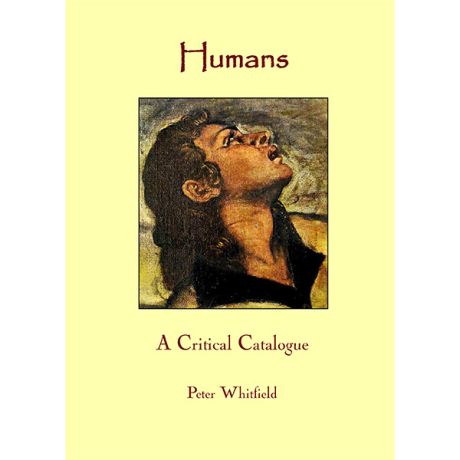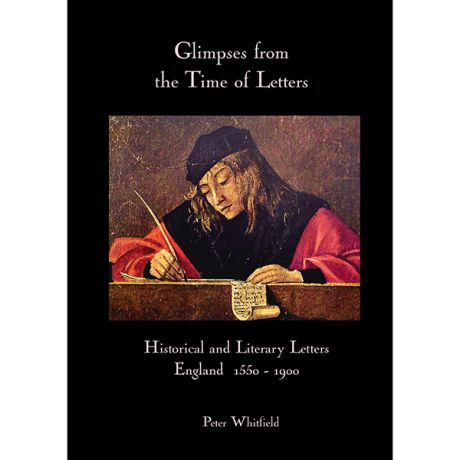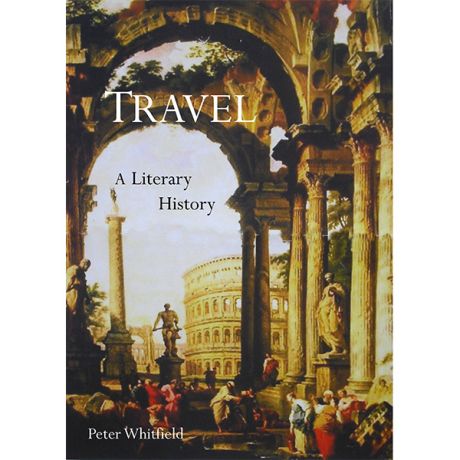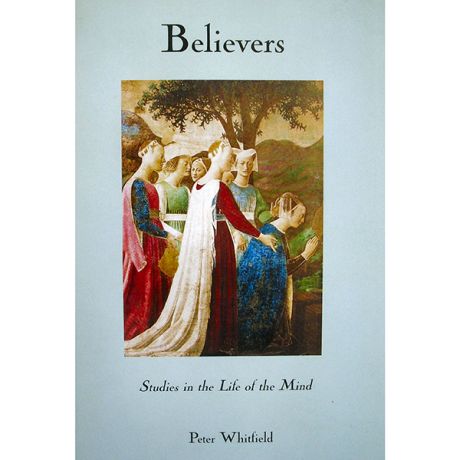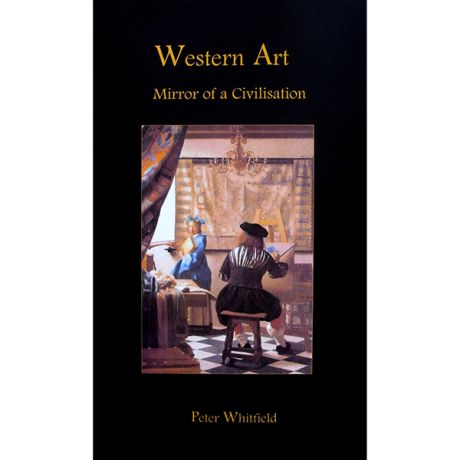CULTURAL HISTORY
Travel
A Literary History
-
The only one-volume survey of travel writing, from the ancient world to the 20thCentury.
-
Ranges from English tourists in 18th Century Italy to the Spanish conquistadors, and from the British in India to the pioneers of Alpine mountaineers.
-
Analyses the motives for travel, from pilgrimages to wars of conquest, from commerce to art history, from science to Christian missions.
-
Shows how European travellers gradually realised that they had something to learn from other cultures: “There is no foreign land: it is the traveller who is foreign.”
Travel: A Literary History
No previous generation has even travelled so energetically as ours, and travel writing has never been so much in fashion. Yet it is a genre with history going back to the ancient world, and which charts mankind’s attempts to understand the richness of the world we live in, and the incredible variety of human cultures that surround us, waiting to be discovered. Historically, travel has emerged from migration, war, exploration, trade, conquest, pilgrimage, science and romantic longing, and travel narratives have reflective all these motives, and more. This book is the first general survey of the entire history of travel literature, and it shows how the writings of explorers, soldiers, merchants, diplomats, missionaries, poets, scientists and mountaineers have influenced our knowledge our understanding of the world beyond our own coasts.
An underlying theme in travel writing through the ages was to marvel and laugh at foreigners because they were so unlike us: travel accounts were traditionally written from a standpoint of superiority, and this undoubtedly supported the growth of European colonialism and imperialism. Travel writing also inhabited a strange borderland between truth and fiction, for after all no one could verify the narratives of extraordinary adventures that one lone traveller brought back from Asia or Africa or the Pacific Islands, so that years or centuries might pass before the myths spread by travellers’ tales were dispelled. However the 20th century saw a remarkable revolution in these attitudes, for as the faults of modern western civilisation became more and more apparent, so too did the appeal of exotic and primitive place and peoples. During the past century and a half, the stance of superiority has been replaced by the realisation that we may have something – perhaps a great deal – to learn from other nations and other races, and also from wild and unspoiled landscapes. This book shows that the crucial development in modern travel-writing is the insight that, “There is no foreign land: it is the traveller who is foreign.”
303 pages Illustrated in colour and in black and white £10.00


